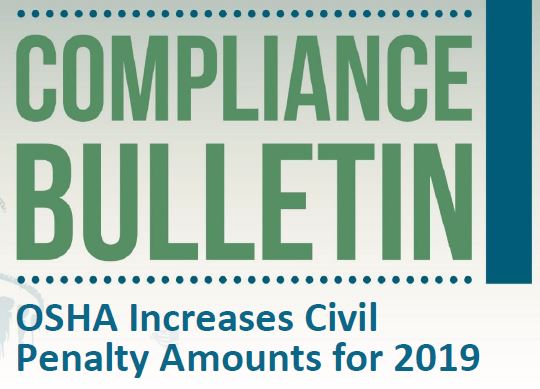Updates on the Affordable Care Act of 2019
Even though President Obama is no longer in office, his health care legislation continues to dominate discussions, evolve, and affect businesses and their employees everywhere. The Affordable Care Act of 2019 is no longer like previous versions, as legislation has removed or changed key provisions. So, if you’re relying on last year’s knowledge of how the Affordable Care Act impacts your company, then you’re already a few steps behind.
But fear not, the changes brought from the Affordable Care Act of 2019 are not difficult to wrap your head around. Read on to see what the key points are in how your company should expect to be affected so you can plan accordingly.
Increased Premiums
The part of the Affordable Care Act of 2019 that will be on everyone’s mind, of course, is among the most important: What will it cost me? The most significant change to the healthcare legislation was the repeal of the individual mandate, which does mean that certain customers and markets will see their premiums increase from year-before levels. These increases have the unfortunate effect of making healthcare more expensive for individuals and their families, pushing people to choose policies that are lower cost, but with higher deductibles. With these changes, it’s important for companies to communicate the new prices to their employees, while listening to concerns they may have.
Need to Shop for Best Rates
As a response to these higher premiums, companies and their employees will see an enhanced need to find the best rates. The jolt of potentially seeing higher rates will be shocking, but certain regions and providers out there will see a slight drop in rates. The difference now, though, is that it requires some hunting to find these opportunities for savings. All that to say, if the rate increases from the legacy health insurance provider look to be prohibitive to the company or the consumer, there is more incentive now to shop around.
Employee Response
As a business owner, one of the effects of these changes to the Affordable Care Act of 2019 that may not seem obvious at first, is how employees will treat health issues. If shopping around does not find you an option that is cost-effective for employees, the result will be employees who are more incentivized not to seek out healthcare. If they are sick, they could look at the high charges they’ll face when going to a clinic or hospital and decide that seeking treatment is not worth the price. This puts other employees at risk for contagious illnesses, lower performing employees, or even an increase in sick days as employees hope the problems simply go away. These real effects are important for employers to monitor and address with employees as issues arise.
Want to find out more?
Schechner Lifson Corporation is an independent insurance agency that can offer your business help in navigating the Affordable Care Act for you and your employees. With experienced and caring agents, Schechner Lifson Corporation can make sure you get the right coverage at a price that may be more affordable than you think. Contact us today to see how we can make sense of the often overly complicated and confusing world of insurance. We want to provide you with the best and most affordable coverage possible.











